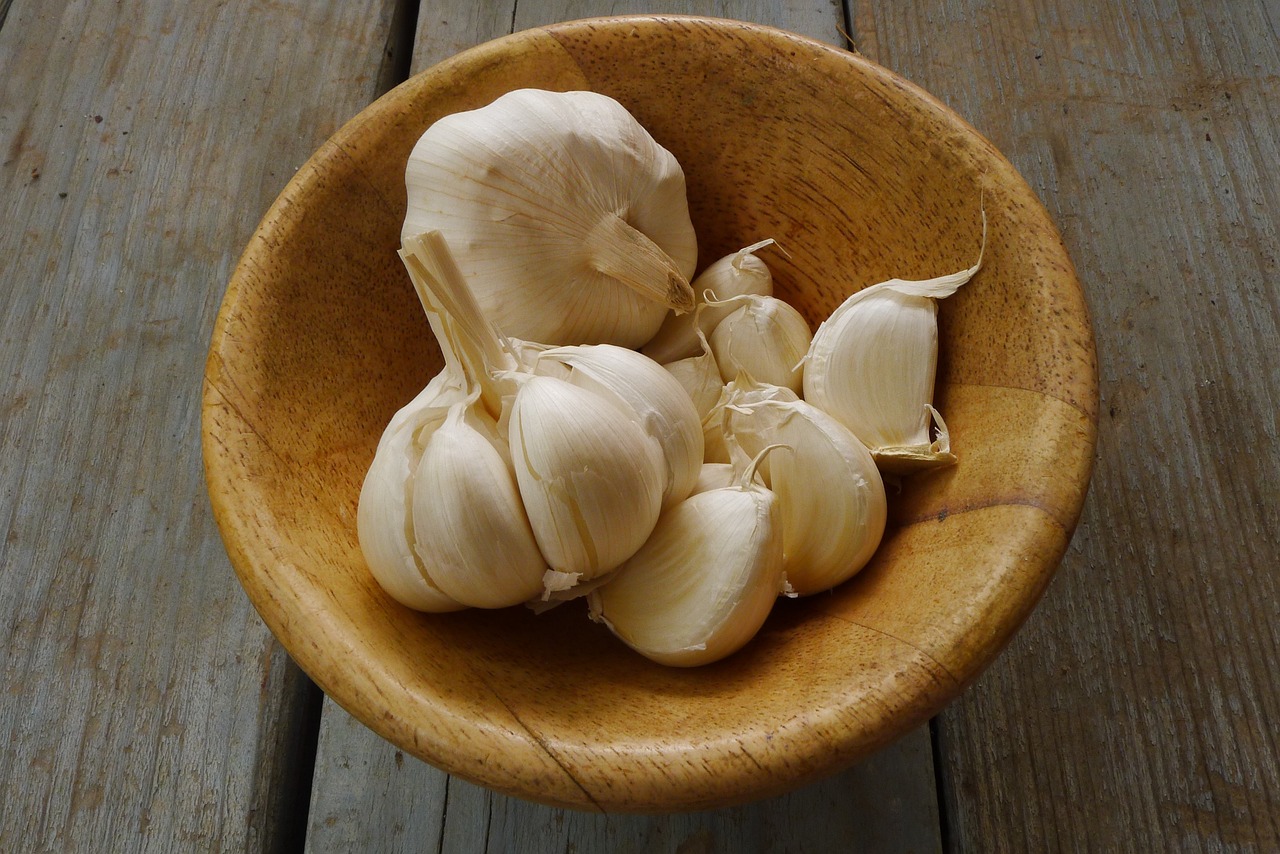Plant-Based Proteins vs Animal-Based Proteins: Which is Better for Your Health?

Protein is an essential nutrient that plays many important roles in our bodies, including building and repairing muscle tissue, maintaining strong bones, supporting our immune system, and producing hormones and enzymes. While there are many sources of protein in our diets, the most common sources are animal-based proteins, such as meat, fish, eggs, and dairy products, and plant-based proteins, such as legumes, nuts, seeds, and whole grains.
So, are plant-based proteins better for you than animal-based proteins? The answer is complex, and depends on many factors, including your individual health needs and goals, lifestyle, and dietary preferences. Let’s take a closer look at some of the key differences between these two types of protein.
First of all, plant-based proteins are generally lower in saturated fat and cholesterol than animal-based proteins. This means that consuming plant-based proteins can help lower your risk of heart disease, stroke, and other chronic health conditions. Additionally, some plant-based proteins are higher in certain nutrients than animal-based proteins, such as fiber, vitamins, and antioxidants. For example, lentils are a great source of both protein and fiber, while almonds are high in vitamin E and healthy fats.
On the other hand, animal-based proteins are typically higher in complete proteins, which are amino acids that our bodies cannot produce on their own and must get from our diets. Animal-based proteins also tend to be more easily digestible and absorbable by our bodies than plant-based proteins, which can help support muscle growth and recovery.
Another important consideration when comparing plant-based proteins vs animal-based proteins is environmental sustainability. Animal agriculture is a major contributor to greenhouse gas emissions, deforestation, and water pollution. Choosing plant-based proteins over animal-based proteins can help reduce your carbon footprint and support more sustainable food systems.
So, which type of protein is better? Ultimately, the answer is not black and white, and depends on a variety of factors. However, experts generally agree that incorporating more plant-based proteins into your diet can offer many health benefits. This can be as simple as adding more beans, nuts, and whole grains to your meals, or embracing plant-based options like tofu, tempeh, and plant-based burgers.
While both plant-based proteins and animal-based proteins can offer important nutrients and benefits, choosing more plant-based options can help reduce your intake of saturated fat and cholesterol, support a more sustainable food system, and improve overall health outcomes. It’s always a good idea to work with a Registered Dietitian or other qualified health professional to determine the best type and amount of protein for your needs.
Sources:
Animal-based protein and plant-based protein: What’s the difference?” by Medical News Today – this article explains the key differences between animal-based and plant-based proteins, including their nutritional profiles and potential health benefits.
“Animal vs. Plant Protein – What’s the Difference?” by Healthline – this article outlines the differences between animal and plant-based proteins, including their sources, digestibility, and potential health effects.
“Comparing plant and animal protein sources” by Harvard Health Publishing – this article compares various plant and animal-based protein sources to help readers make informed dietary choices.
The Author:
Pioneerthinking.com – Ingredients for a Simple Life.
Photo. Cattalin








